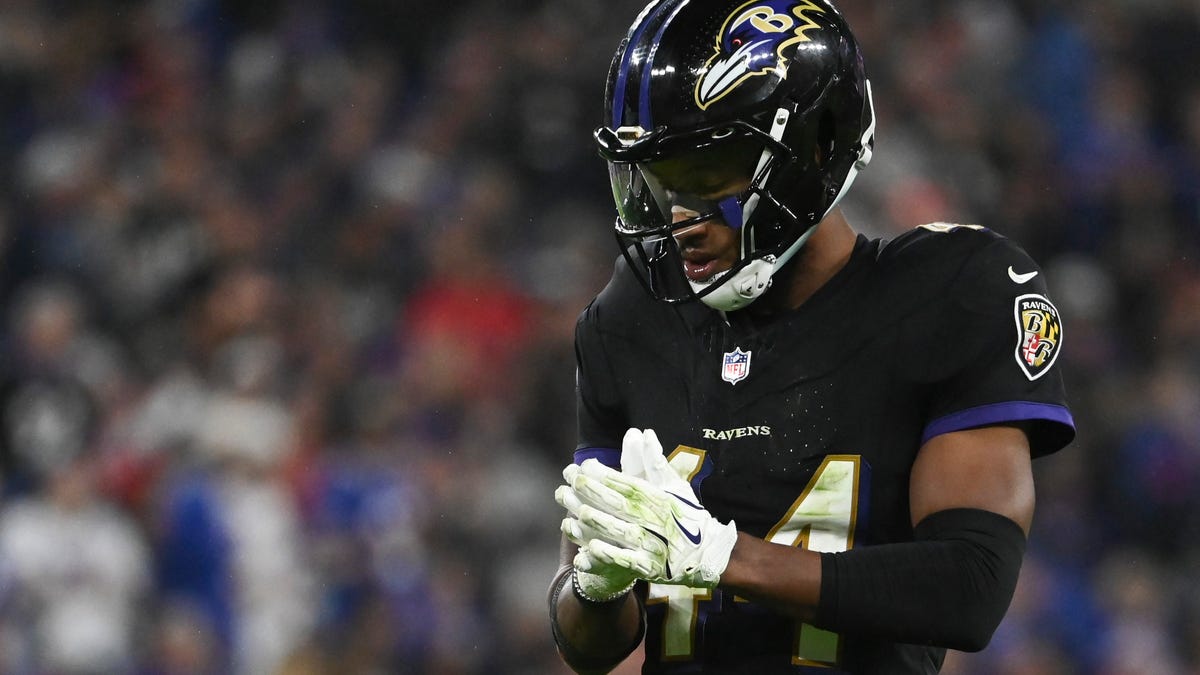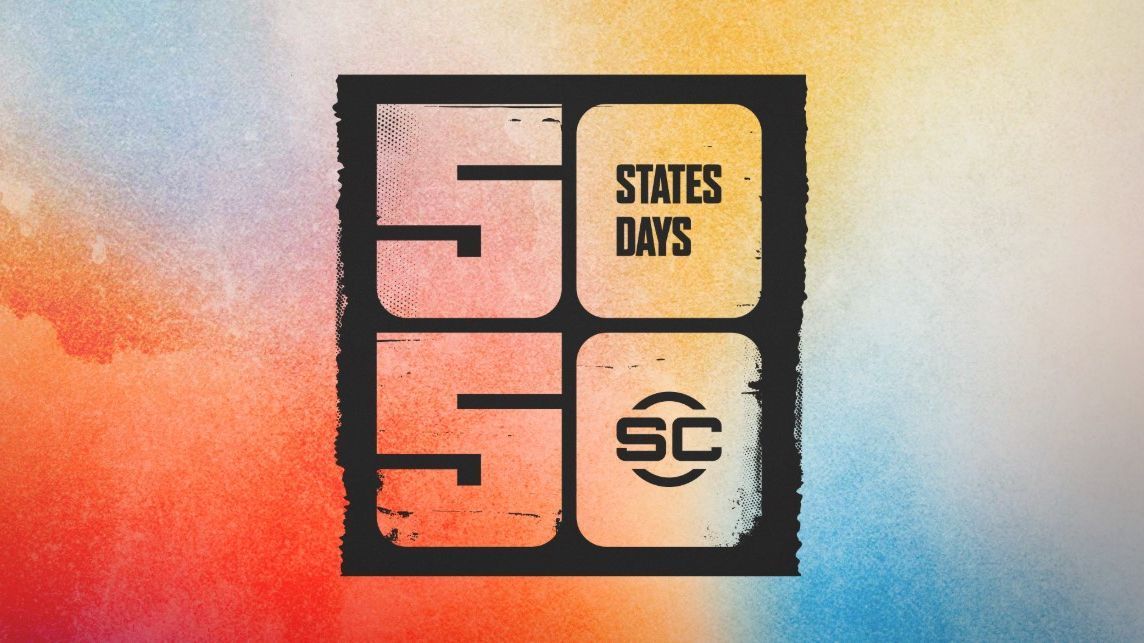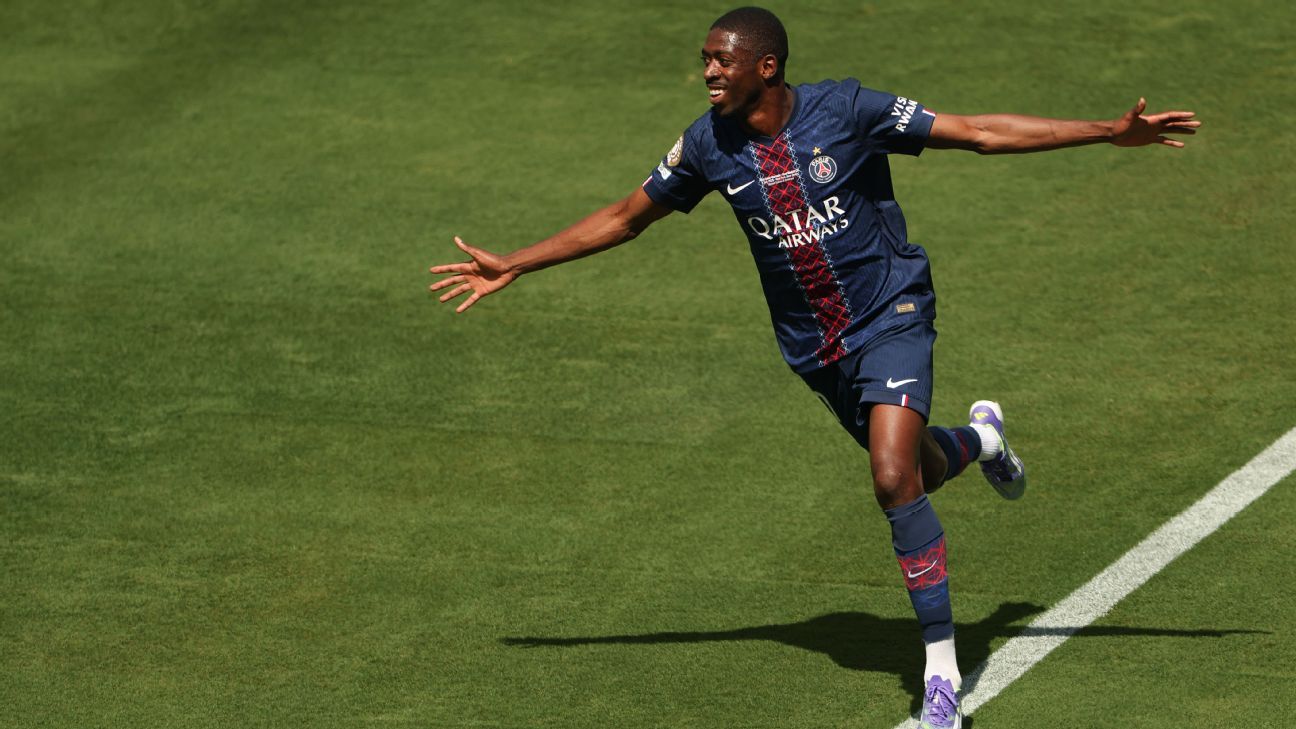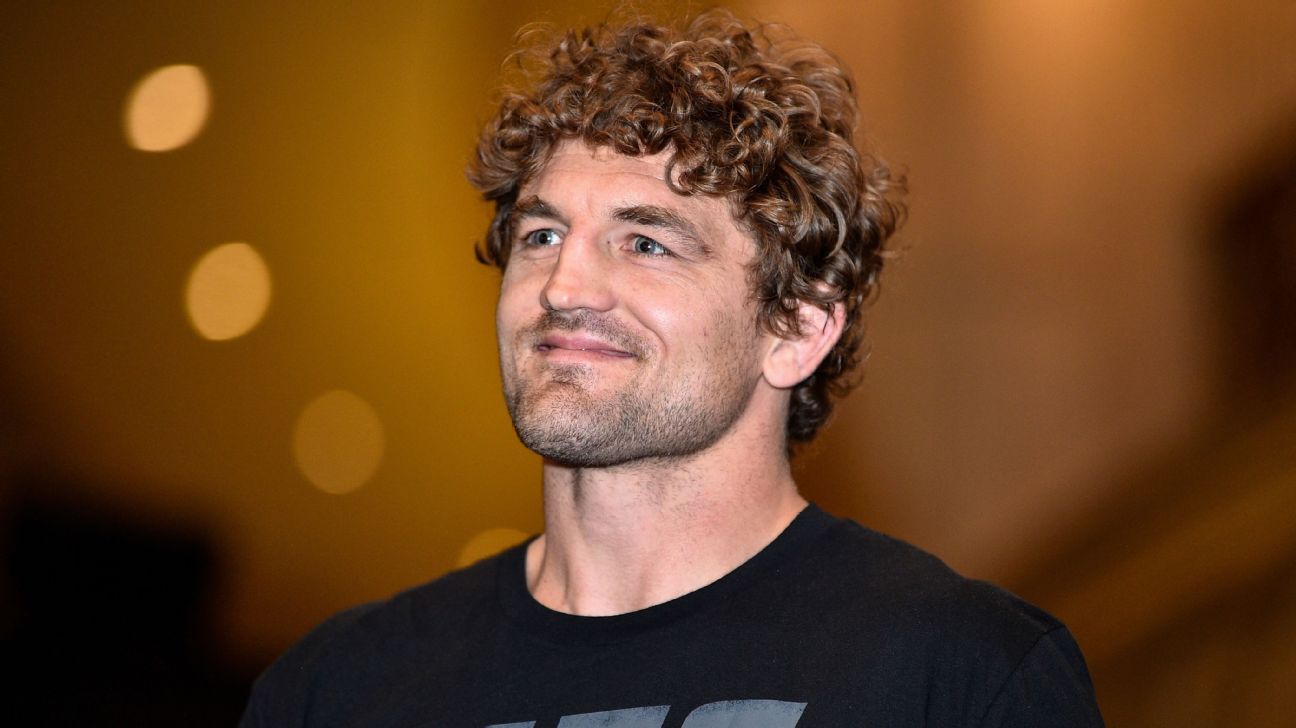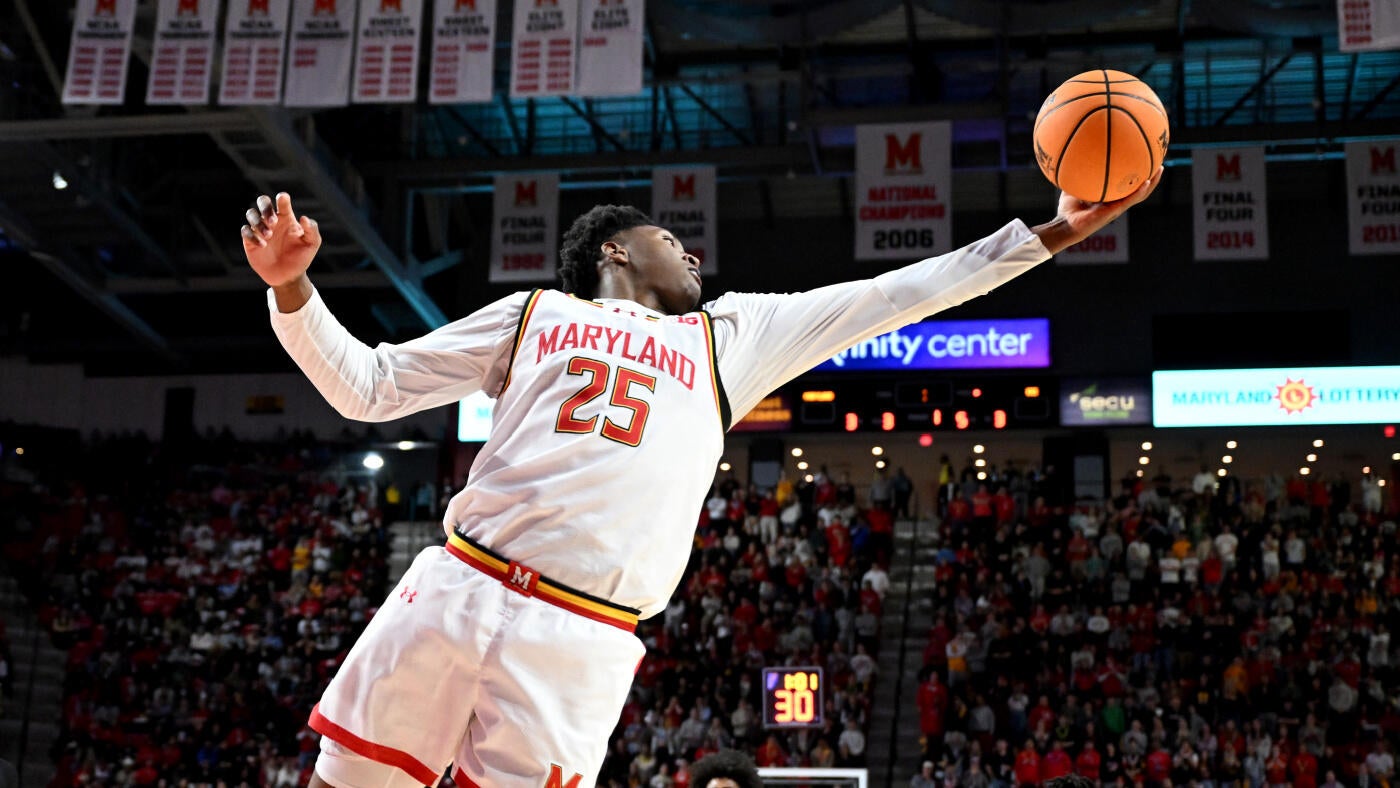
Derik Queen is an enticing prospect. His skill level on offense is off the charts, and, if you believe he can survive on defense at the next level, you can talk yourself into his star potential. The center out of Maryland has drawn comparisons to players like Alperen Sengun, Boris Diaw, Naz Reid and Julius Randle, and he finished incredibly well around the basket for a guy who doesn’t play above the rim. It is not surprising that the New Orleans Pelicans traded up in Wednesday’s NBA Draft to get him.
The price that Pelicans paid to do so, however, is astounding. New Orleans’ new front office, led by Joe Dumars and Troy Weaver, traded an unprotected 2026 first-round pick to the Atlanta Hawks in order to move up from the No. 23 spot and select Queen at No. 13.
The Pelicans finished 21-61 in 2024-25, so they are clearly betting that they’ll have a much more successful — and much healthier — season in 2025-26. But they don’t even need to have a bad season for this trade to look horrendous at the end of it. They had swap rights on the pick dating back to the trade that sent Jrue Holiday to the Milwaukee Bucks in 2020. If the Bucks have a more favorable pick than New Orleans does next year, then Atlanta will get their pick.
In other words, it’s not just that the Hawks could get an amazing pick out of this if Zion Williamson can’t stay on the floor next season. It’s that they could also get an amazing pick out of this if Giannis Antetokounmpo gets hurt or traded.
Shortly before the draft, ESPN’s Jonathon Givony reported that there had been recent chatter about the Pelicans’ interest in Queen, noting that Weaver, a D.C. native who worked for the Washington Wizards last season, had attended plenty of Maryland’s games, and that Weaver’s son, Thomas, was on the Terrapins’ coaching staff as a graduate assistant.
Queen’s upside is undeniable. The tricky thing about drafting him, though, was supposed to be that he came with real downside, too: At the college level, he wasn’t a catch-and-shoot guy, wasn’t a lob threat and wasn’t an effective rim protector. For the Pelicans, this gambit means that they are accepting that downside and layering another layer of downside on top of it, and the second layer has absolutely nothing to do with how Queen’s game translates to the pros.
The Hawks got Asa Newell at No. 23, and there are questions about his NBA role, too. Process-wise, though, their new front office, led by Onsi Saleh and Bryson Graham (formerly New Orleans’ GM), has pulled off a stunning feat. Atlanta can either sit on this pick and see what happens with the Pelicans and Bucks next season or use it to continue upgrading its roster this summer.
For the Pelicans, the Dumars-Weaver era has gotten off to a profoundly strange start. Hours before Game 7 of the NBA Finals, New Orleans traded the Indiana Pacers’ 2026 first-round pick back to the Pacers in exchange for the No. 23 pick in this year’s draft and the rights to Mojave King. (King was selected No. 47 in 2023 and has yet to play in the NBA.) When Indiana star Tyrese Haliburton tore his Achilles in Oklahoma City that night, the pick that the Pelicans had given up immediately became much more valuable.
A week after that, New Orleans traded CJ McCollum, Kelly Olynyk and a future second-rounder to the Wizards for Jordan Poole, Saddiq Bey and the No. 40 pick in this year’s draft. In this deal, the Pelicans effectively swapped one year of McCollum (at $30.7 million) for two years of Poole (at $31.8 million and $34 million). Poole was more efficient in 2024-25 than he was in his first year with Washington, but his contract is still widely seen as a negative because he has remained a ball-stopper and a poor defender. Weaver is familiar with Poole and Bey, though, from his time with the Wizards, and he drafted Bey No. 7 overall in 2020 as the general manager of the Detroit Pistons. Sure.
And now there is this. Even if you are extremely high on Queen — and I’m pretty high on him! — the move is just far too risky. Would the Hawks really have refused to do this deal with even some light protections on the pick? Even when Atlanta traded down from No. 3 to No. 5 (and wound up with Trae Young instead of Luka Dončić) seven years ago, it didn’t get an unprotected pick out of it. (It was top-five-protected the following season and top-three-protected the next).
Down the road, New Orleans could come out of this unscathed. Queen could become a star, and both the Bucks and the Pelicans could fare just fine next season. How this plays out, however, does not change the value proposition of this deal today. The word here is reckless.




